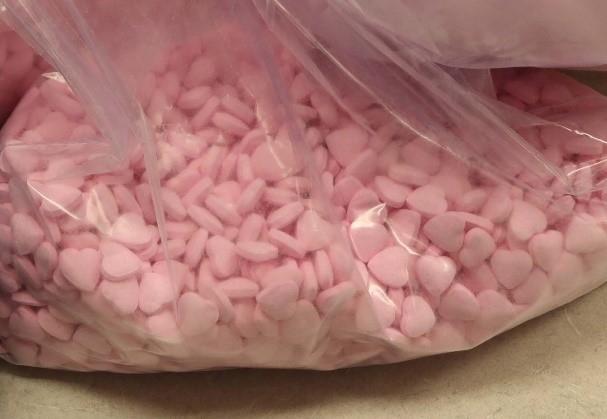At a Senate hearing on April 30, a White House representative refused to disclose whether the administration knew about China’s fentanyl subsidies before making concessions to the Chinese regime to secure counternarcotics cooperation.
Responding to Sen. Chuck Grassley (R-Iowa), Kemp Chester from the White House’s Office of National Drug Control Policy assured him that the Biden administration has “what we consider to be a very good picture” of the Chinese regime’s role in the fentanyl flow into the United States and said engaging China is “critically important.”




